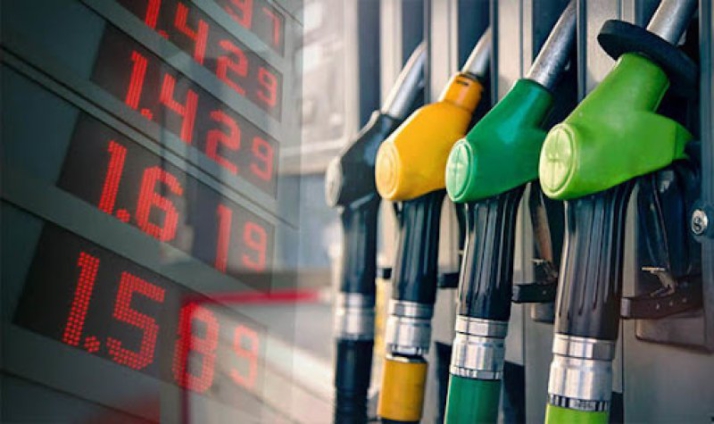The Chamber of Petroleum Consumers(COPEC) has said the prices of petroleum products are expected to rise from October 16, 2022, as part of the adjustments for the second pricing window of this month.
According to COPEC, the prices at the pumps nationwide are projected to increase by an average of 10% for both petrol and diesel.
COPEC anticipates an average price escalation of about 10.12% for both petrol and diesel based on the increase in the price of crude oil on the international market and the depreciation of the cedi.
“Between the current window and the next window due, October 16 2022, Crude oil price is observed to have seen an increase of 3.66% from $89.46 to $92.73 per Barrel, whilst the Dollar index has further gone up by about 4.08% from GHS10.21 to GHS10.627 per Dollar as per Government rate (Conservative figures) though actual market rates are quite higher currently,” COPEC observed.
They added that petrol, which is currently selling at an average of GHS11.06 per litre, is likely to be sold at GHS12.38 per litre (11.88% higher) from October 16, 2022, whilst diesel, currently selling at an industry average of GHS13.95 per litre is likely to be sold at GHS15.16 per litre(8.72% higher).
Meanwhile, the price of LPG is likely to go up by 5.04% to sell around GHS10.21/kg.
“Considering no sudden jerks in Crude Oil pricing that may lead to changes in Petrol, Diesel and LPG Prices on the International market, the Mean Ex-pump prices are expected to be within the projected figures by +/-2% as indicated below:
Petrol: GHS12.12/L to GHS12.63/L
Diesel: GHS14.86/L to GHS15.46/L
LPG: GHS10.01/kg to GHS10.41/kg”
In a statement released by COPEC, they advised petroleum service providers to be considerate in applying the full force of the indexes in their pricing.
“We are without equivocation, mindful that the projected figures are conservatively lower than what the actuals could be due to the continuous depreciation of the local currency.”
The Chamber, therefore, urged the government to urgently make efforts to stabilise the cedi to prevent the prices of petroleum products from further escalating.
“COPEC is, once again, further admonishing the government to do whatever it deems necessary to ensure an urgent stabilisation of the cedi to the Dollar exchange rate in order to prevent pricing of petroleum products getting to an impending disaster as the effect of these steep increases in fuel prices cuts across all sectors of the local economy and to also further ensure some drastic reductions of some of the existing taxes and levies on Petroleum products to help ease the burden on consumers,” COPEC added.
What can be done to address the situation?
The COPEC-Ghana Executive Secretary told The Ghana Report, “We have a local refinery that we could have leveraged to get some fuel security at lower prices, but unfortunately we don’t think there is a political will to refurbish the Tema Oil Refinery”.
Mr Amoah observed a fully functional refinery would cut the logistical cost, which adds to the price build-up by exporting crude to Europe to be refined before importing back to Ghana.
“They need to get TOR back on stream, and the need for political interference to be stopped holds the key for all for us,” he underscored.
Additionally, he cited the Bulk Oil Storage and Transportation Company Limited (BOST) failure in executing its mandate.
Mr Amoah explained that BOST is supposed to store huge volumes of fuel and release to the market to level prices and check shortages “without overstretching the already burdened Ghanaian taxpayer”.
However, “we do not see that function of BOST, and they are now focusing on trading…which was not the purpose of the BOST Act but to hold strategic stock”.



